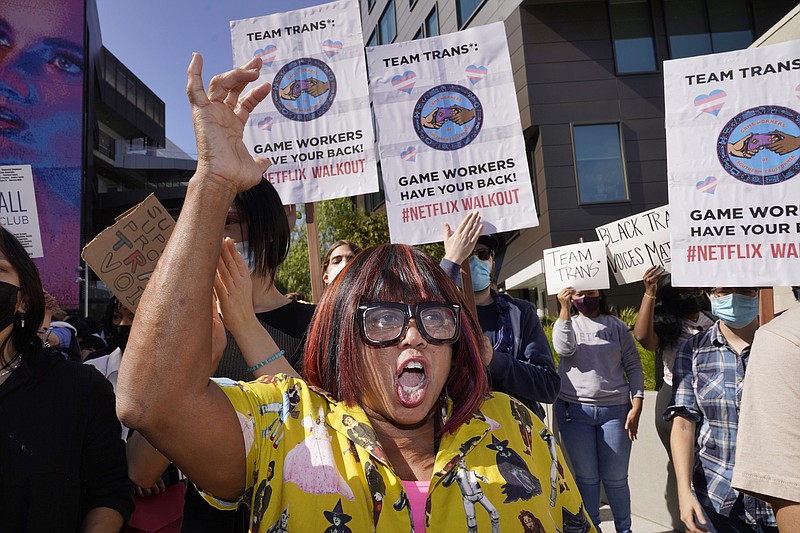Will Leonard, an illustrious Tribune nightlife critic, hated Mort Sahl when he performed at Chicago's famed Mister Kelly's nightclub in 1973. "Mort Sahl almost always is a surprise. Not always a pleasant surprise," the late Leonard wrote. "The man operates in an area all his own ... needling you with caustic remarks that make you nervous not only about your friends and enemies but about yourself as well."
Leonard went on to call Sahl "sardonic and sarcastic and destructive," as was Leonard's right as a critic. He did not say that Sahl should be banned henceforth from the stage of Mister Kelly's.
Sahl died Oct. 26 after a highly influential life.
Smart satirists, and Sahl was the model for many of them, understand that they operate as safety valves, stabbing at the bulbous balloons of the powerful and thus doing their part for democracy. Their job is to remind us that the world is complex, that absolute power corrupts absolutely, and that everyone should be at least a little bit nervous about themselves.
It takes enormous courage to protect the rights of the Sahls of the world when you or your identity or what you believe is the target. But it's vital. History teaches us that the chilling of free speech is merely a way station on the road to the collapse of ever-fragile democracy. And satirical speech is often the first kind to be repressed.
We wish that the many critics of Dave Chappelle at Netflix had taken Leonard's tack instead of trying to get the streaming platform to cancel his hugely popular show or remove it from Netflix's offerings. The Chappelle comedy special that has caused so much uproar, "The Closer," is often funny, but incendiary comments like "gender is a fact" also might bring about a response not unlike the one Leonard had for Sahl. And the expression of outrage is every viewer's right.
In every American generation, it seems, at least one faction of the country struggles to understand that the target of the satirist is the powerful and that the powerful never actually think they have power, they merely exert their influence. And the moral rectitude of their religion or identity or ideology does not, and must not, deter the satirist. Sure it's hard to swallow and the off switch is always available, but the price otherwise paid by a free society is far too great.
One of the arguments made against Chappelle is that his words might incite some to violence and/or make some Americans feel unsafe. This is the nub of the endlessly circuitous array of arguments over the controversial special: One person's freedom of speech is someone else's hate speech.
We recognize that hate speech both exists and has done damage and that there are limits to what a person should be allowed to say in the public square. And we know that there never will be a neutral arbiter on these matters.
But reasonable Americans must understand why there has to be a very high bar for banning (or de-platforming) speech and that the persons being attacked by the satirists are the least qualified to make that judgment. Comedians are not the same as politicians inciting their followers; they play a different role in society and most people can see what they say in that light. It's wrong to blur the two, which is what has been happening in the Chappelle debate.
Banning satire rarely works; the banned and thus hardened speaker merely works to find or build another channel. It stifles relative thinking. It undermines tolerance and softens barriers against dangerously oppressive regimes. And it impedes the responsibility we all should feel to one another to check ourselves and to get out of the bubble of the like-minded. And, as counterintuitive as this many seem to those who have been understandably wounded by Chappelle's barbs, it hurts a nation's awareness of complexity and its progression toward desirable change.
That is what Leonard meant when he wrote of his own discomfort at Sahl's act. Or, to put it in Sahl's own words: "If you were the only person left on the planet, I would have to attack you. That's my job."
The Chicago Tribune
